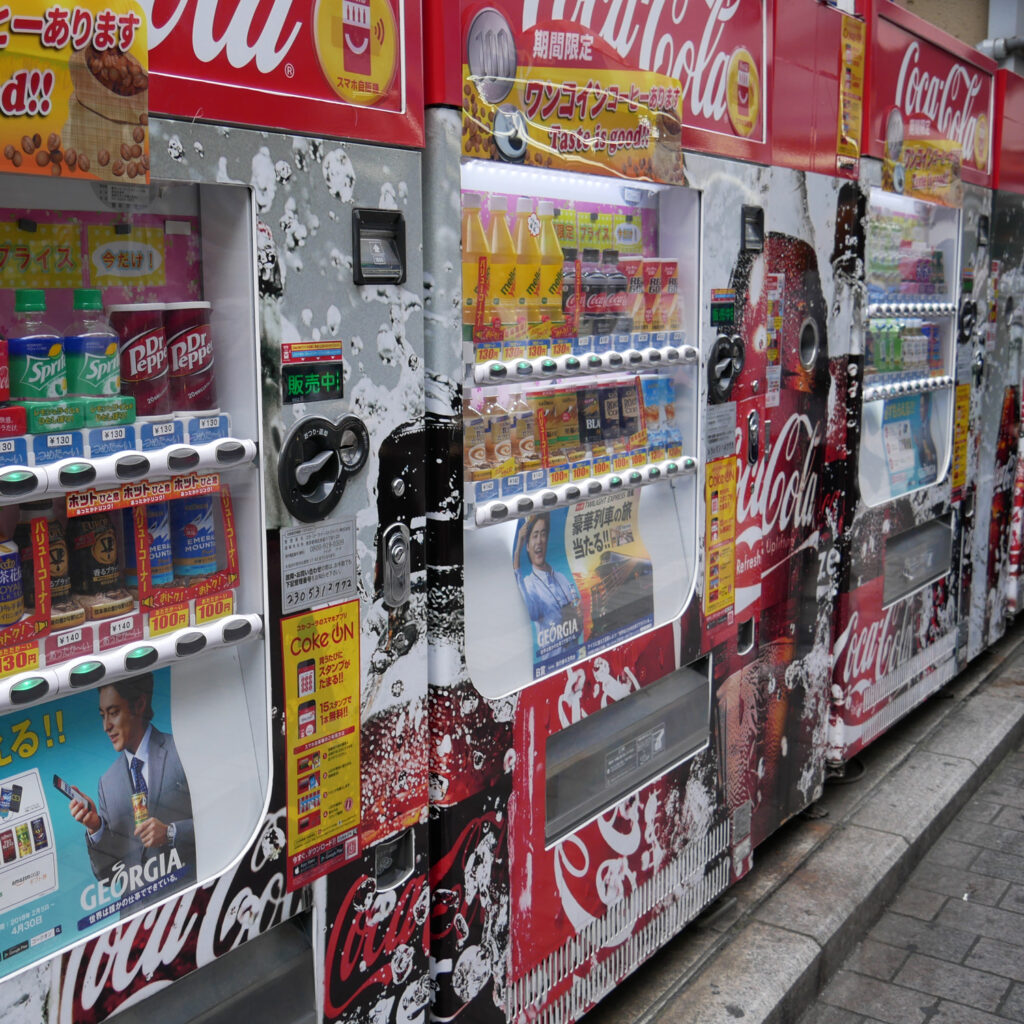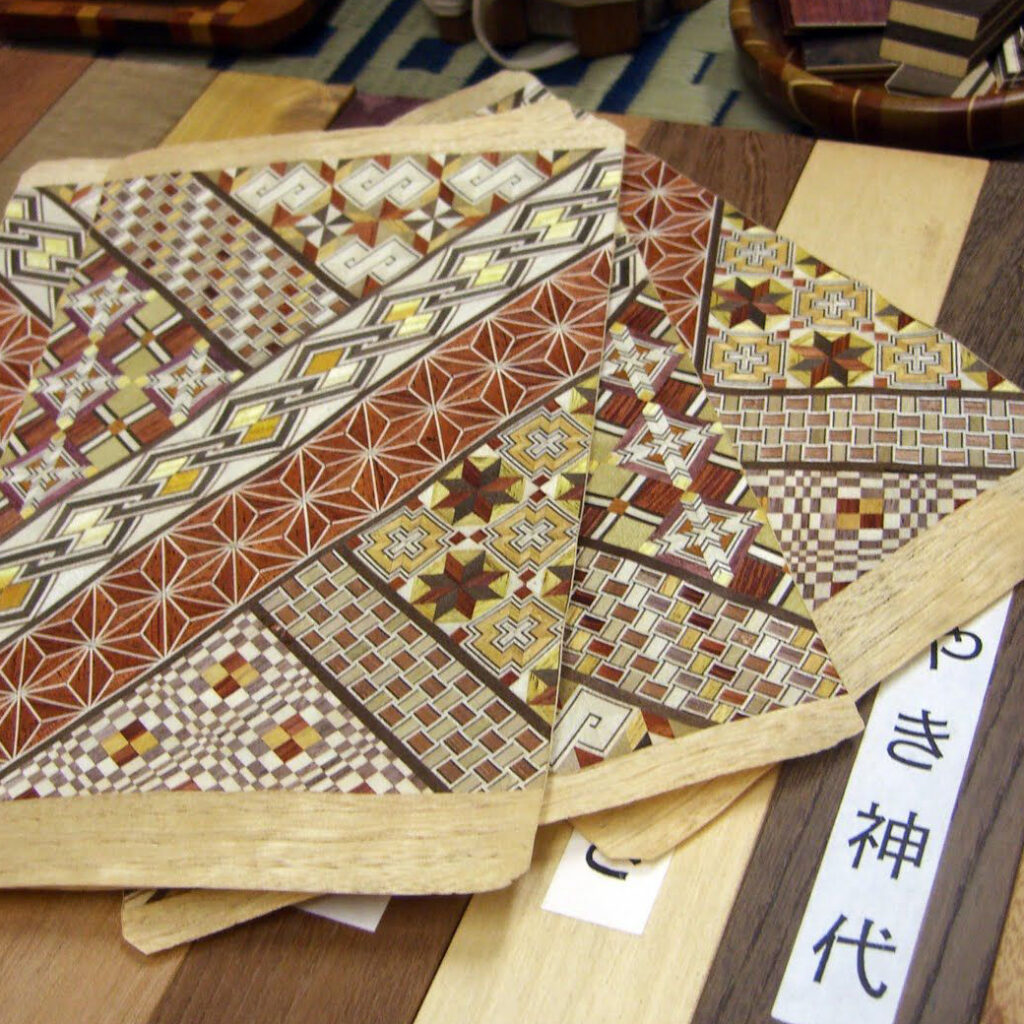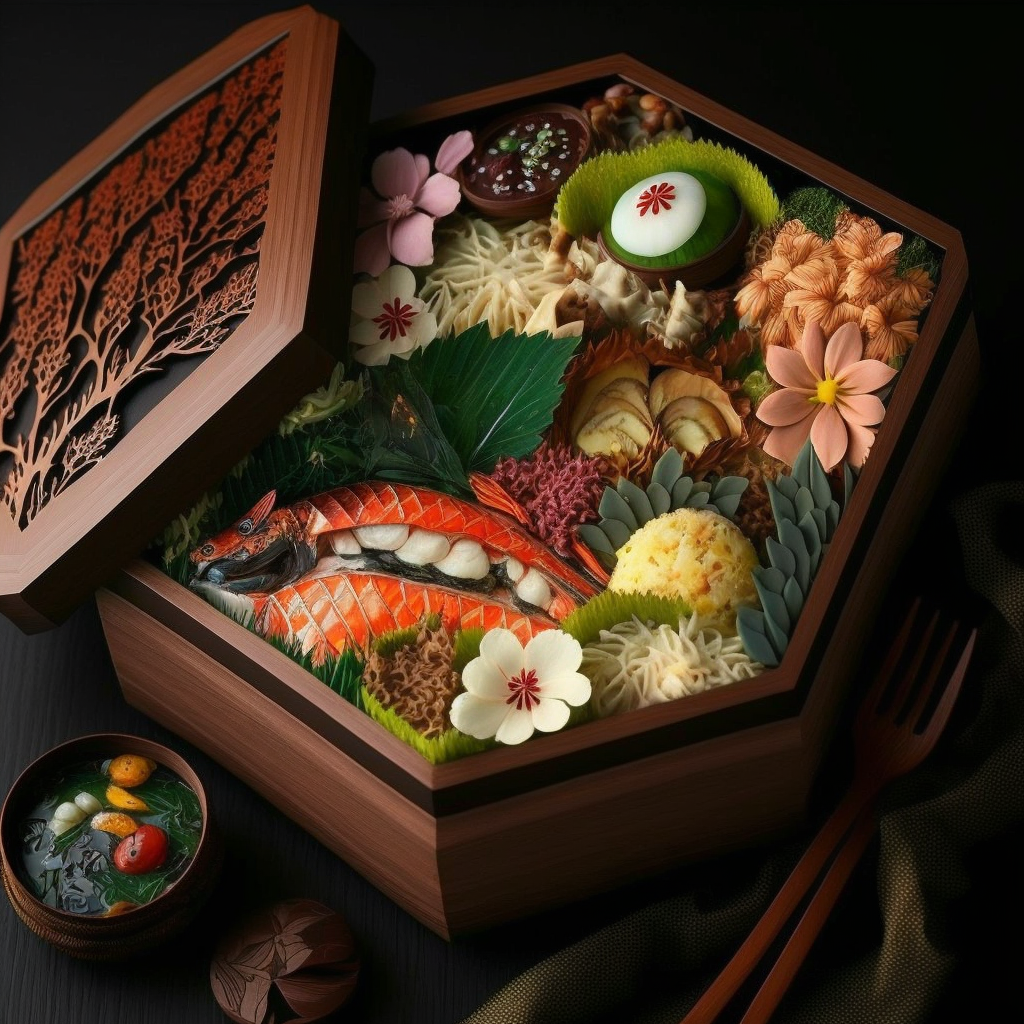In Japan, vending machines, or “jidouhanbaiki” in Japanese, are an integral part of the culture. They can be found everywhere, from the busy streets of major cities to the most remote corners of the country. They offer a wide variety of products, from soft drinks and snacks to electronics and household items. In this article, we will explore the history, popularity and types of vending machines in Japan.
History of vending machines in Japan
Vending machines first appeared in Japan in the 1950s. At that time, they were mainly used to sell cigarettes. Over the years, their popularity grew, and they began to offer an increasing variety of products. In the 1960s, vending machines began selling soft drinks, and in the 1970s, they began selling snacks, hot drinks and electronic products.
Today, vending machines are an integral part of Japanese culture. They are used to sell a wide variety of products, from soft drinks and snacks to electronics and household items.
Popularity of vending machines in Japan
Vending machines are extremely popular in Japan. According to data from the Ministry of Economy, Trade and Industry, there were more than 5.5 million vending machines in Japan in 2021, or one for every 25 people. They are often seen as a symbol of modernity and convenience, and they offer a convenient solution for people on the go.
Vending machines are also popular because of the security they offer. Unlike vending machines in other countries, vending machines in Japan are often placed in well-lit and monitored locations, providing an extra level of security for consumers.
Types of Vending Machines in Japan
Vending machines in Japan are available in a wide variety of types and sizes. Here are some of the most common types:
- Beverage Vending Machines: These are the most common types of vending machines in Japan. They sell a wide variety of soft drinks, water, tea and coffee.
- Snack Vending Machines: These vending machines sell a variety of snacks such as chips, cookies, candy bars and candy.
- Ticket Vending Machines: These vending machines sell train and bus tickets, as well as reloadable transportation cards.
- Electronics Vending Machines: These vending machines sell electronic products such as batteries, headphones and charging cables.
- Umbrella Vending Machines: These vending machines sell umbrellas for rainy days.
Vending machines are an integral part of Japanese culture. They offer a convenient solution for consumers who are on the go and looking to purchase products quickly and easily. With their wide variety of products and accessibility, they have become a symbol of modernity and convenience in Japan.
However, vending machines are not only convenient for consumers. They also offer an economic advantage for businesses by allowing them to sell their products at any time, even outside of traditional store hours.
Finally, it should be noted that vending machines have also evolved over the years to adapt to the changing needs of consumers. Modern vending machines are often equipped with advanced features such as touch screens, contactless payments and facial recognition capabilities. These technological innovations allow vending machines to remain relevant and convenient for consumers in a constantly changing world.



